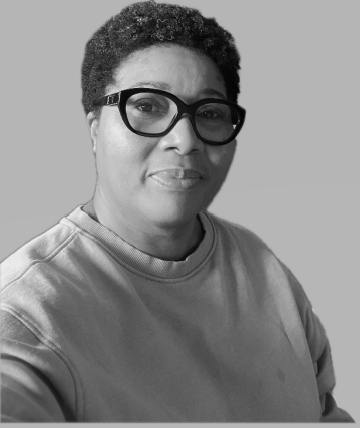Manufacturing Businesses (Cambridge (CIE) O Level Accounting) : Revision Note
Manufacturing Businesses
What are manufacturing businesses?
Manufacturing businesses make the goods that they sell
They purchase raw materials in order to create their goods
What financial statements are prepared for manufacturing businesses?
Manufacturing businesses prepare the following financial statements
A manufacturing account
This calculates the total cost involved in making goods
An income statement
This calculates the profit or loss made on the goods sold
A statement of financial position
This is prepared in a similar way to other non-manufacturing businesses
Direct & Indirect Costs
What are direct costs?
Direct costs are costs that can be directly linked to the production of the goods
Examples of direct costs include:
Type of direct cost | Definition | Example |
|---|---|---|
Direct material | These are the raw materials used to make the goods | Wood, nails, glue, paint, varnish, etc |
Direct labour | These are the wages for those who directly make, assemble or package the goods | Factory workers, assembly employees, etc |
Direct expenses | These are the other costs that are directly linked to the production of the goods | Royalties, hire of tools or machinery, consultant fees, etc |
The prime cost is the total of the direct costs
Prime cost = Direct material + Direct labour + Direct expenses
What are indirect costs?
Indirect costs are not directly linked to the production of the goods
These are also known as factory overheads
These are the costs involved in keeping the factory running on a day-to-day basis
Such expenses include:
Factory rent
Depreciation of machinery
Indirect wages such as cleaners
Factory heating and lighting
Examiner Tips and Tricks
Which of the following is a direct cost for a manufacturing business?
A | The wages of staff taking phone calls in the factory |
B | The rental charge paid for the factory |
C | The charge paid to an inventor for using their design |
D | The monthly charge paid to the bank |
Answer
A | This is an indirect cost |
B | This is an indirect cost |
C | This is the correct answer |
D | This is an indirect cost |
Work in Progress & Finished Goods
What are the types of inventory for a manufacturing business?
A manufacturing business has different types of inventory
The goods that they make are at different stages of the production process
Raw materials
Work in progress
Finished goods
All three types of inventory have opening and closing balances
Type of inventory | Definition | Financial statement affected |
|---|---|---|
Raw materials | The materials in stock which are needed to make the goods | Appears in the manufacturing account, and as a current asset in the statement of financial position |
Work in progress | The goods which are in the process of being made and are partially finished | Appears in the manufacturing account, and as a current asset in the statement of financial position |
Finished goods | The goods which are finished and are waiting to be sold to customers | Appears in the income statement for the inventory values, and as a current asset in the statement of financial position |

You've read 0 of your 5 free revision notes this week
Unlock more, it's free!
Did this page help you?

